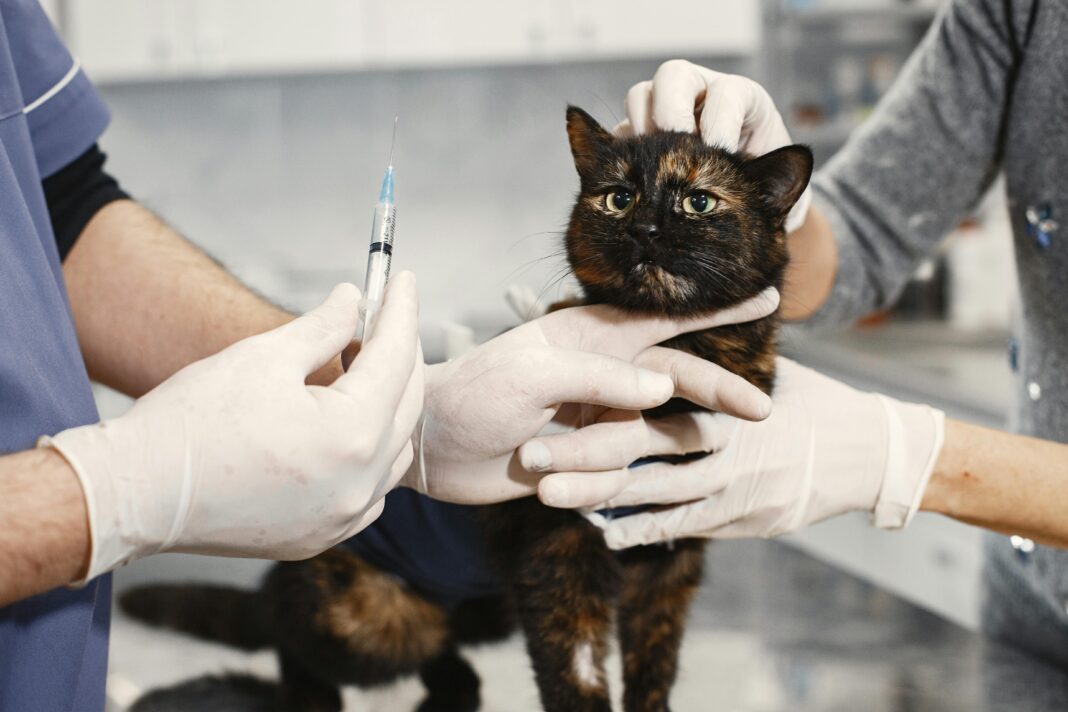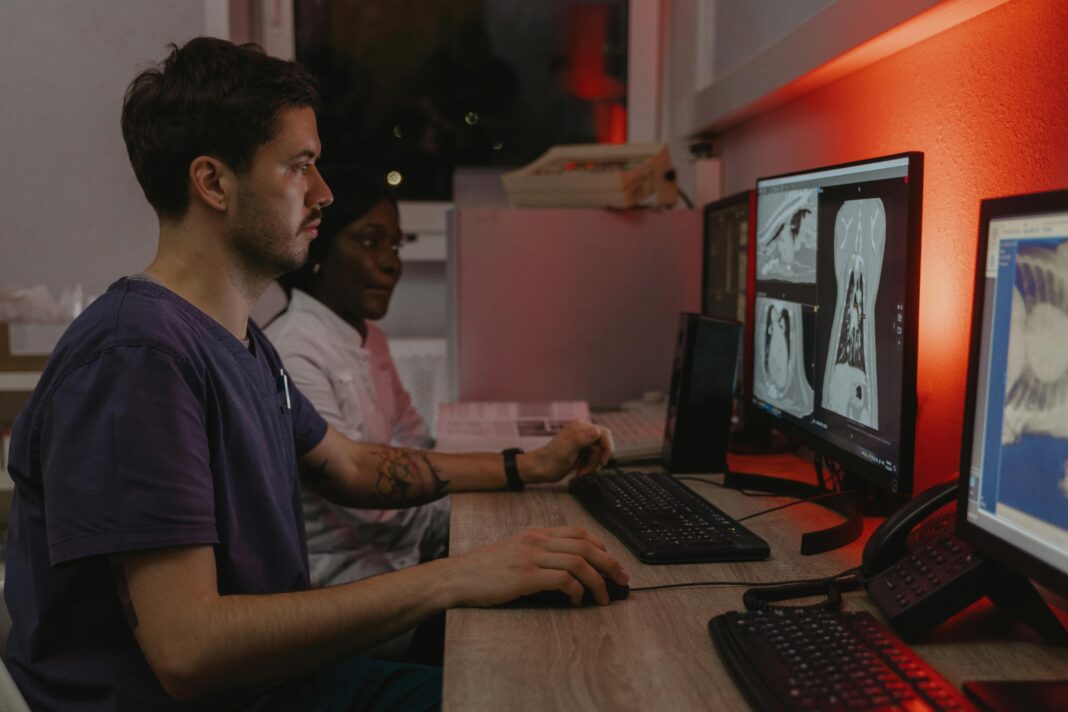Vaccinations play a crucial role in your feline friend’s overall health, providing protection against various diseases that can be life-threatening. Understanding the essential vaccination schedule for cats can help you become a more informed pet owner, ensuring your cat remains healthy and happy.
Why Vaccinate Your Cat?
Vaccination is a proactive step to protect your cat from serious illnesses. Vaccines work by stimulating your cat’s immune system to recognize and fight pathogens if they are ever exposed. Diseases such as panleukopenia, feline herpesvirus, and rabies can be severe and even fatal, emphasizing the importance of vaccinations.
Core vs. Non-Core Vaccines
Vaccines are categorized into core and non-core vaccines:
-
- Core Vaccines: These are essential for all cats, regardless of their lifestyle or environment. They protect against highly contagious and severe diseases.
-
- Non-Core Vaccines: These are recommended based on specific risk factors, such as lifestyle, environment, and exposure to other animals.
Vaccination Schedule for Kittens
Kittens have different vaccination needs compared to adult cats. Here is a typical vaccination schedule for kittens:
Initial Vaccination (6-8 Weeks)
At this age, your kitten should receive the first round of core vaccinations, which generally includes:
-
- Feline Viral Rhinotracheitis (FVR): Protects against respiratory diseases caused by feline herpesvirus.
-
- Calicivirus: Helps prevent another serious upper respiratory infection.
-
- Panleukopenia (FPV): Guards against a potentially deadly viral disease affecting the gastrointestinal tract.
2nd Vaccination (10-12 Weeks)
Kittens will receive a booster shot for the above-mentioned core vaccines, along with:
-
- Feline Leukemia Virus (FeLV): Especially important for kittens that may go outside or meet other cats.
3rd Vaccination (14-16 Weeks)
The final round of core vaccines typically occurs at this stage, along with another FeLV booster if deemed necessary. This is also an appropriate time to discuss rabies vaccination, which is crucial for both indoor and outdoor cats.
Final Kitten Vaccination (Around 1 Year)
A year after the last kitten vaccination, your cat should receive a booster for core vaccines to maintain immunity and may also get the rabies vaccine, depending on local laws.
Vaccination Schedule for Adult Cats
Once your cat reaches adulthood, their vaccination needs change. Regular booster shots are critical for continued protection:
Annual to Triennial Vaccinations
-
- Core Vaccines: Most core vaccines, such as FVR, calicivirus, and panleukopenia, are typically administered every 1 to 3 years, depending on the vaccine type and your vet’s recommendation.
-
- Rabies Vaccination: This is required by law in many areas and is usually given every 1 to 3 years.
Non-Core Vaccines
For cats that spend time outdoors or are in contact with other pets, consider:
-
- Feline Leukemia Virus (FeLV): Recommended for high-risk cats.
-
- Bordetella: Useful if your cat is in a multi-cat environment or pet daycare.
Understanding Vaccine Reactions
Most cats tolerate vaccinations well, but some may experience mild side effects such as:
-
- Lethargy: A brief period of tiredness after vaccination is common.
-
- Soreness at the Injection Site: This may be noticeable for a day or two.
-
- Minor Fever: Some cats develop a low-grade fever post-vaccination.
Severe reactions are rare, but symptoms like excessive swelling, difficulty breathing, or vomiting require immediate veterinary attention.
Practical Tips for Cat Vaccinations
Record Keeping
Maintain a vaccination record for your cat. This documentation is essential for tracking vaccination dates and can be helpful when traveling or boarding your pet.
Consult Your Veterinarian
Every cat has unique health needs. Regular check-ups with your veterinarian will ensure that your cat’s vaccination schedule is tailored appropriately based on lifestyle and health status.
Make it a Positive Experience
If possible, introduce your cat to the veterinarian and clinic environment frequently before their visit to minimize stress. Use treats and positive reinforcement to create a comfortable atmosphere during vaccinations.
Conclusion
Being informed about your cat’s vaccination schedule is a vital component of responsible pet ownership. Regular vaccinations will provide peace of mind and safeguard your cat’s health, allowing for a happy and fulfilling life together. Remember, proactive care is the best care.





